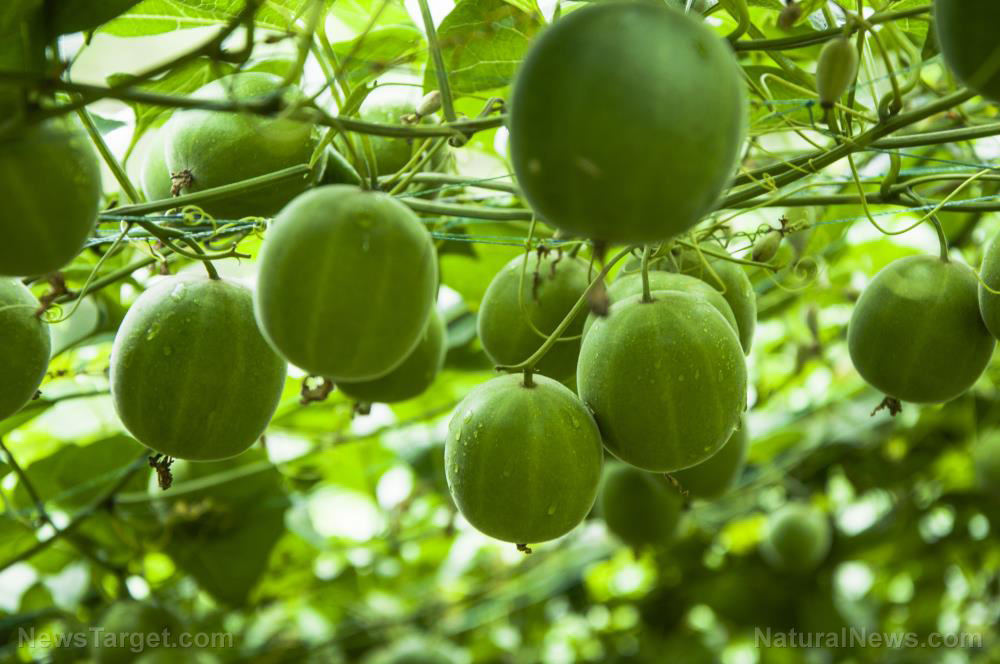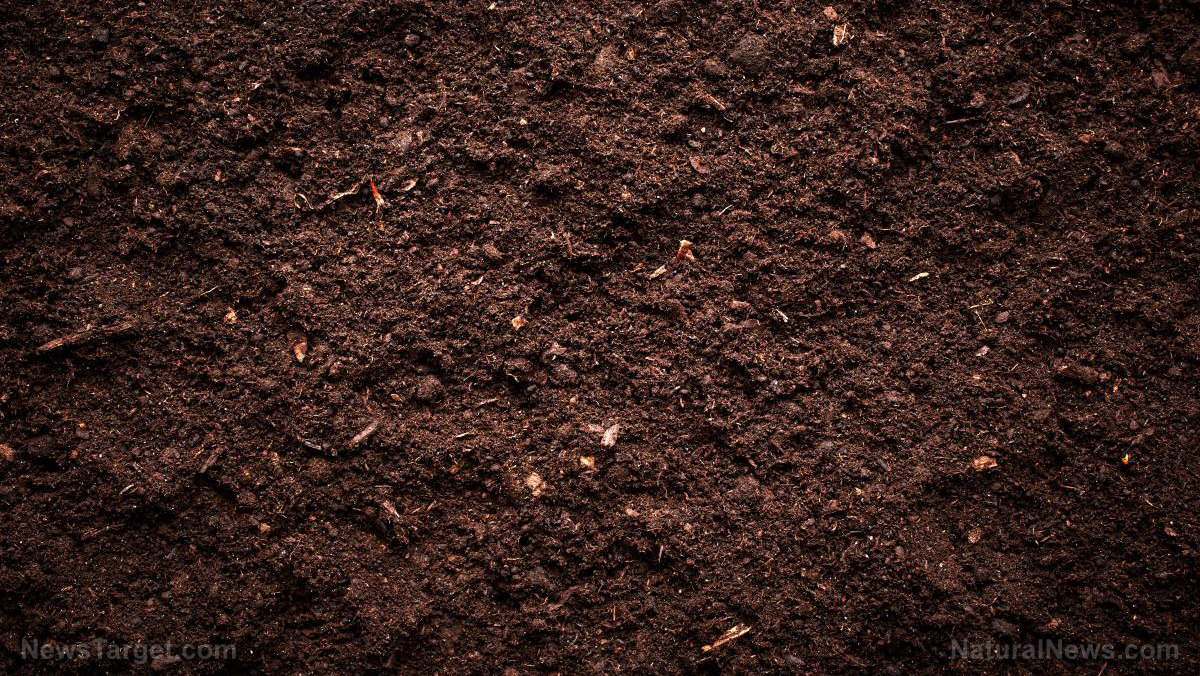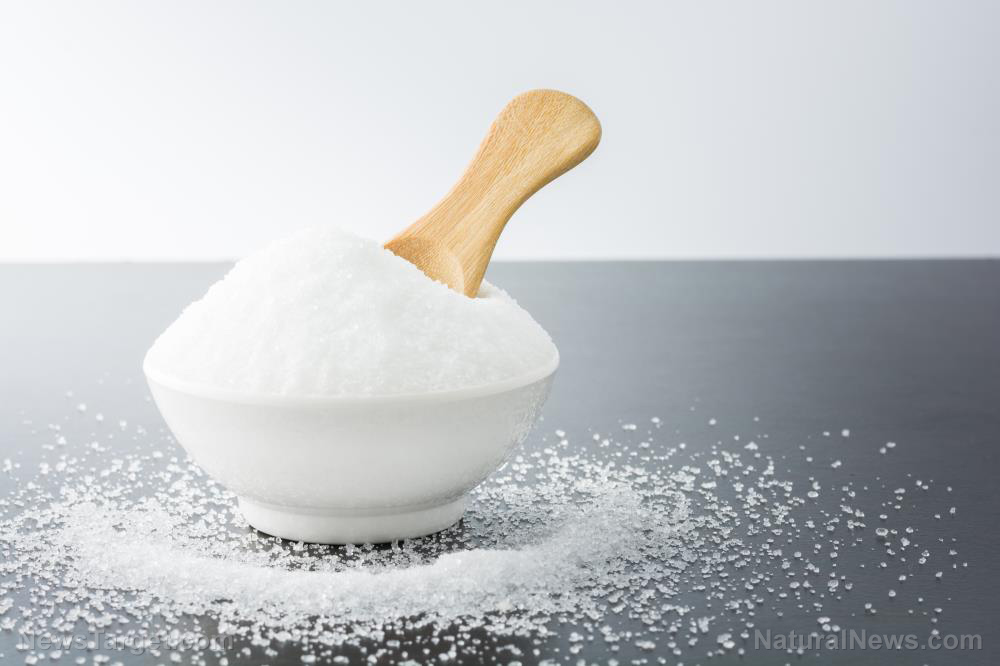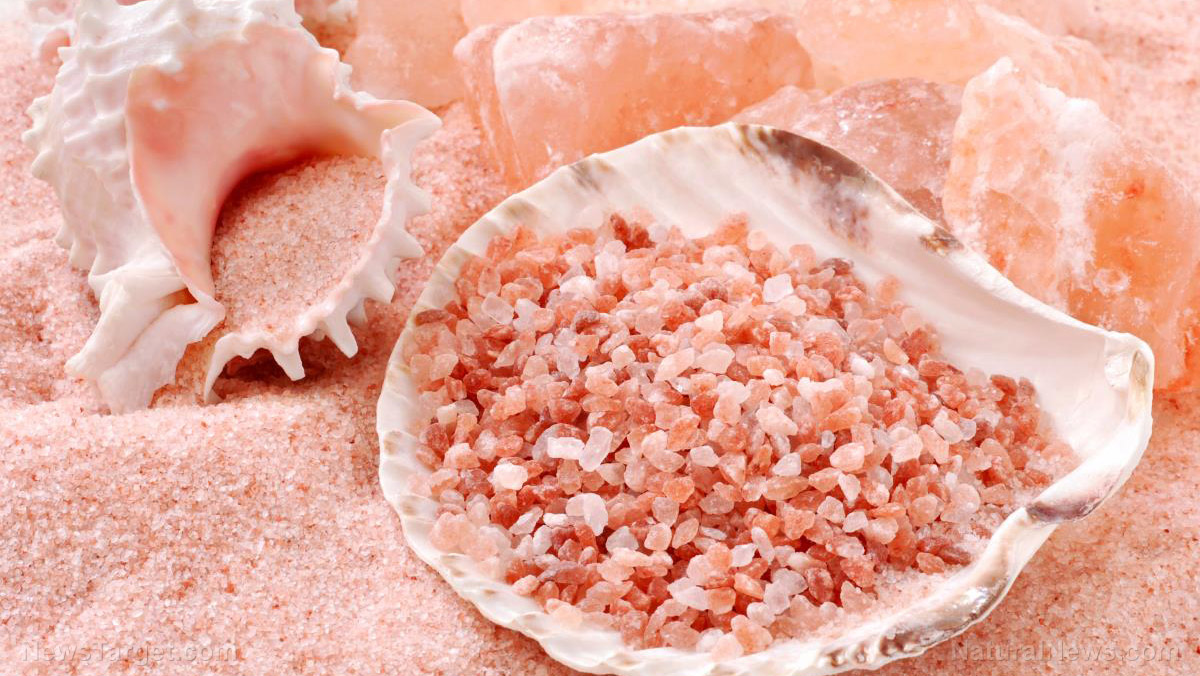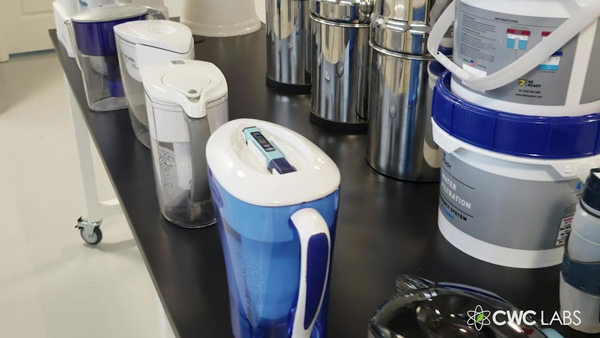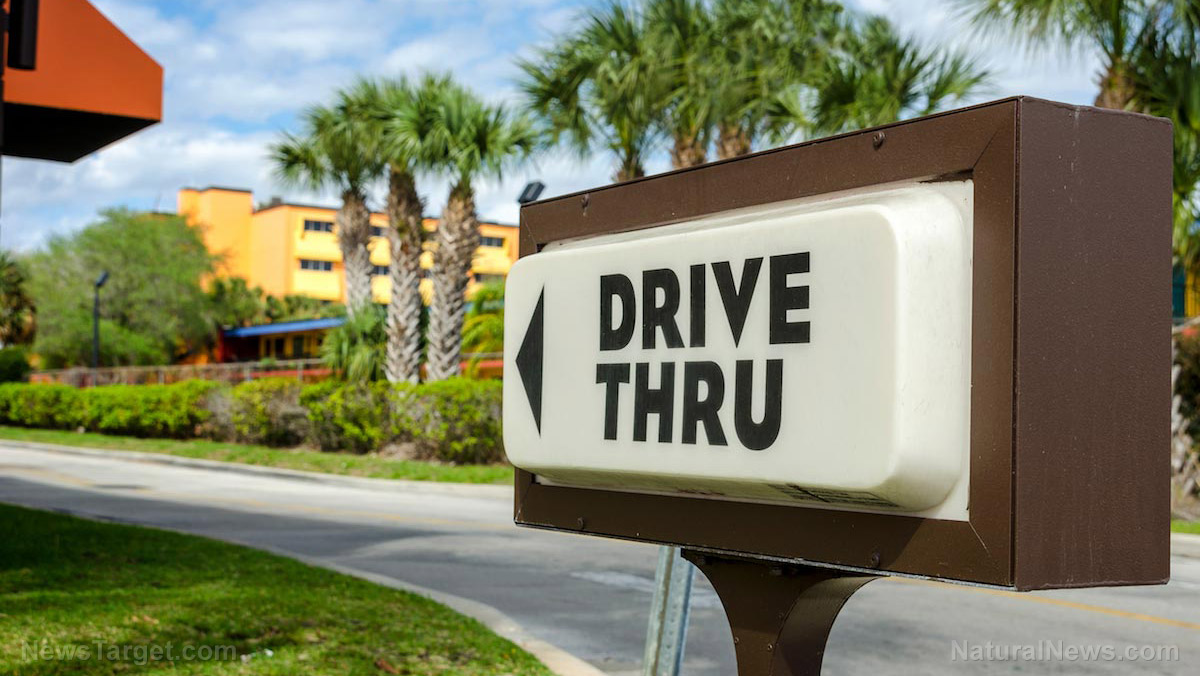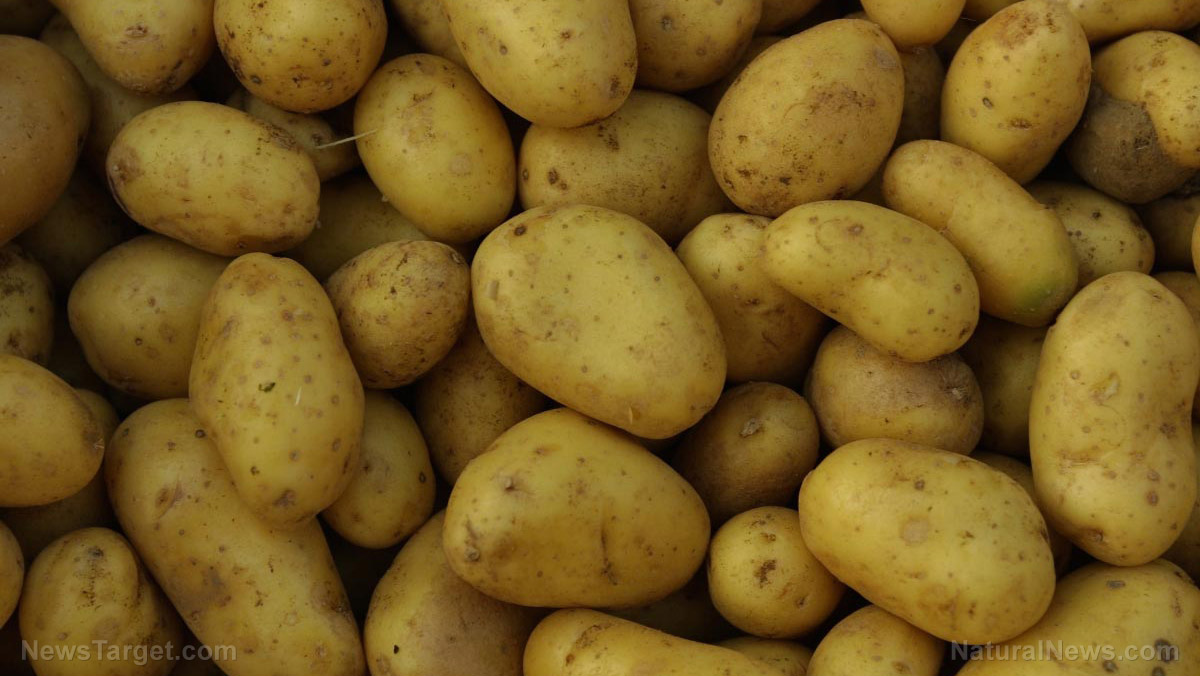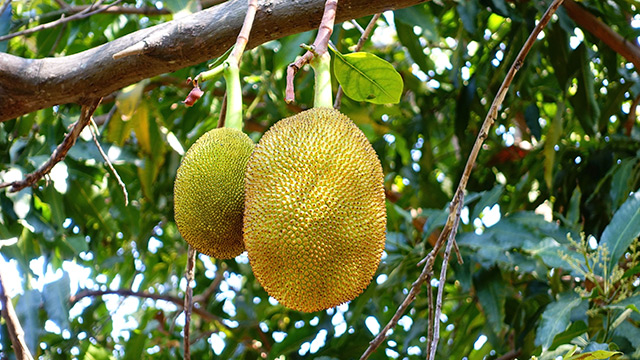Wild blueberry juice provides cardioprotective effects for people at risk for type-2 diabetes
04/03/2018 / By Ralph Flores

Blueberries aren’t just for sweet cheesecakes; it can also protect the heart of people who may have had too much of it. A study published in BMC Nutrition revealed that wild blueberry juice has cardioprotective effects which can improve the condition of people with type-2 diabetes. The study, led by the U.S. Department of Agriculture (USDA) and researchers from the State University of New York and the University of Prince Edward Island, used a randomized, single-blind human intervention to determine the effects of wild blueberry juice when consumed.
For the study, researchers recruited individuals from Prince Edward Island in Canada. Before they were included, they had to have at least two of the risk factors for type-2 diabetes, based on the Canadian Diabetes Association (CDA):
- A body mass index (BMI) greater than 25 kg/m2
- For females, a waist circumference greater than 88 cm; for males, 102 cm
- A family history of either type-1 or type-2 diabetes or gestational diabetes
- A member of a population with a high risk of type-2 diabetes (Aboriginal, Hispanic, Asian, South Asian, or Africa decent)
- Hypertension (high blood pressure)
- Hyperlipidemia (high cholesterol levels)
The researchers picked 19 individuals to participate in the process. The participants were all female, with ages between 39 to 64 years, and all were at risk for type-2 diabetes. They were then assigned to drink 240 mL of either wild blueberry juice or a placebo beverage as part of their daily diet for a week. After an eight-day washout period, those who drank wild blueberry juice were then given the placebo and vice versa for the second week.
Wild blueberries are known to contain high levels of antioxidant and anti-inflammatory compounds that inhibit the development of conditions such as cancer, cardiovascular disease, diabetes, and Alzheimer’s disease. However, there is only limited data on the health benefits that it may provide adults who already are at risk of type-2 diabetes. (Related: Protect Against Brain Aging with This Tiny Fruit.)
During the process, blood was collected to measure certain biomarkers. These included fasting plasma glucose, fasting serum insulin, surrogate markers of insulin sensitivity, triglycerides, inflammation, adhesion molecules, oxidative stress, and nitric oxide. The researchers also measured the participants’ blood pressure and endothelial function.
The results showed that wild blueberry juice significantly lowered systolic blood pressure by 4.8 mmHg compared with those in the placebo group. Moreover, those with stage 1 hypertension also lowered their systolic blood pressure by 7.5 mmHg after drinking wild blueberry juice. Researchers noted this to be clinically significant. “A reduction of only three mmHg may reduce mortality from coronary heart disease and stroke by five to eight percent, while a reduction of five mmHg may reduce the risk of a cardiovascular event by approximately 20 percent over five years,” they wrote. “Thus, consumption of 100 percent wild blueberry juice may have a beneficial impact on cardiovascular disease prevalence and mortality.”
In addition, wild blueberry juice increased the concentration of nitric oxide in the blood, which could be a potential mechanism for the decrease in blood pressure. Nitric oxide is released into the blood when the cells of the blood vessel wall relax, which lowers blood pressure.
The findings revealed that short-term consumption of wild blueberry juice might protect the heart by improving systolic blood pressure in adults at risk for type-2 diabetes. “This outcome warrants longer-term human studies of blueberries, including defined amounts of either the whole fruit or juice, to clarify whether polyphenol-rich foods can be efficacious for improving cardiometabolic biomarkers in individuals at risk for type-2 diabetes,” the researchers added.
Learn even more benefits you can get from blueberries by reading Blueberries.news.
Sources include:
Tagged Under: adhesion molecules, blood pressure, blueberry, endothelial function, fasting plasma glucose, fasting serum insulin, fruits, heart health, inflammation, nitric oxide, oxidative stress, systolic blood pressure, triglycerides, Type 2 Diabetes, wild blueberry, Wild blueberry juice


